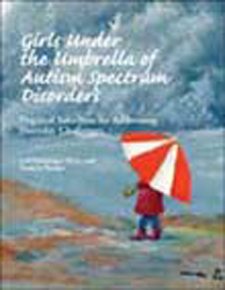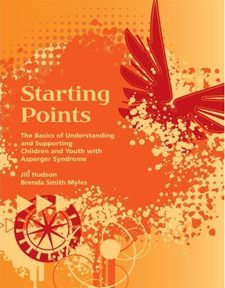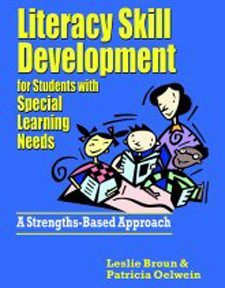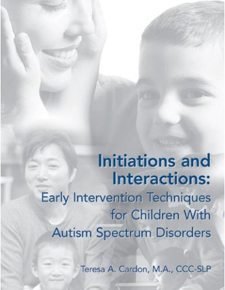Girls Under the Umbrella of Autism Spectrum Disorders Practical Solutions for Addressing Everyday Challenges
There is an abundance of literature available on a variety of topics about autism spectrum disorder (ASD); however, most of these materials are written with males in mind since they comprise most of population diagnosed with ASD. There are some excellent personal perspective stories written by women on the spectrum such as Dr. Temple Grandin, Donna Williams, and Liane Willey, but there are almost no books written about working or living with females with ASD.






